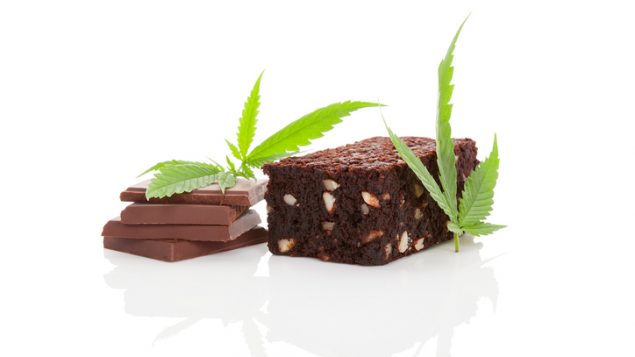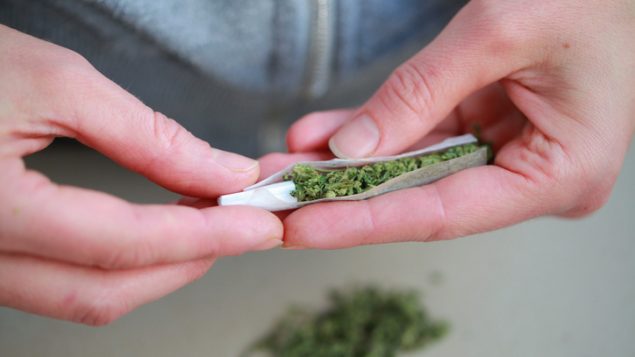More people are going to Canadian hospital emergency rooms because of cannabis-related poisoning, according to the Canadian Institute of Health Information. CBC News obtained information that these cases almost tripled between 2013 and 2018 in the province of Ontario, and almost doubled in the province of Alberta at the same time. Figures were up in other provinces as well.

Ian Culbert says some people prefer to eat cannabis products than to smoke them, but they should be careful about dosage.
While dried cannabis and oil will be legalized for recreational use in Canada on October 17, 2018, edible forms will only become legal the following year. And that may be part of the problem, says Ian Culbert, executive director of the independent Canadian Public Health Association.

Edible forms of cannabis have varying concentrations of THC and may take longer to act. (iStock)
‘An unregulated marketplace’
“Right now, it’s an illegal and unregulated marketplace. So, you don’t necessarily know the concentration of THC in what you’re eating or what a portion size should be. That can lead to complications.”
Beyond that, people may not realize that edible cannabis takes longer to act. If they don’t feel effects within the 15-20 minutes they would after smoking it, they may eat more and end up having too much.
People who have not used for years may not realize that products containing THC have changed and they cannot rely on old habits to guide current use.
While there are no reports of people dying from cannabis overdose, it can increase a person’s heart rate which would be a problem if they already have a higher risk of heart attack. They may also have hallucinations, panic attacks or paranoia which, Culbert says, may be frightening for them.
There is concern that overdose cases are using up health care resources. Health care is publicly-funded in Canada and emergency rooms are so busy that people often face long waits before being seen by a doctor.

Recreational use of dried cannabis and oils will become legal in Canada on Oct. 17, 2018.
Public information campaign called for
Culbert says the government should immediately begin a public information campaign to warn people about the dangers of cannabis overdose.
Canada will be only the second country in the world and the first in the G7 to legalize the recreational use of cannabis.
Legalization may not change habits
A government survey from early 2018 suggests that 14 per cent of Canadian adults had consumed cannabis in the past three months. More than half of users said they used some form of the drug daily or weekly.
Over three-quarters of respondents said they would not be more likely to try or increase consumption of the drug once it is legalized. Only six per cent of those who had not used in the last three months said they would likely try or increase their consumption.







For reasons beyond our control, and for an undetermined period of time, our comment section is now closed. However, our social networks remain open to your contributions.